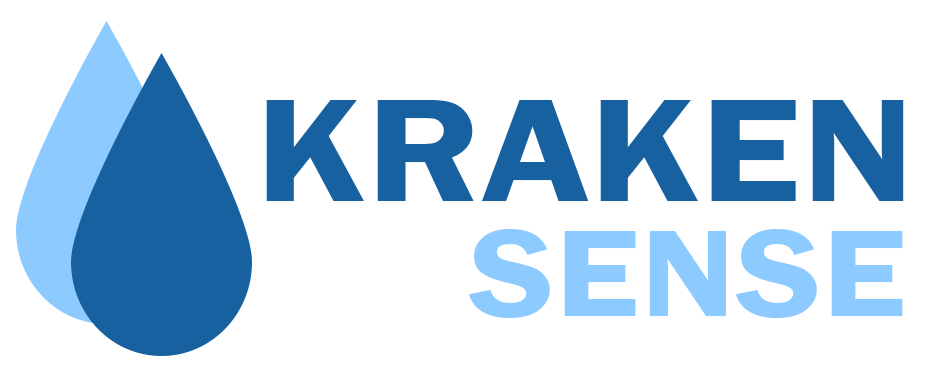Michael Botros: Waterloo Mechanical Engineering Co-Op at Kraken Sense
Michael Botros, a third-year Mechatronics, Robotics, and Automation Engineering student at Waterloo, shares his experience working for Kraken Sense as a Mechanical Engineering intern.
Michael completed his co-op term at Kraken Sense as a Mechanical Engineering intern, prototyping and developing an automated manufacturing system for the microfluidic chip of the KRAKEN, a qPCR-based pathogen detection device.
What was your main project?
“My main project was automating the sensor disk process—a lot of things needed to be done for that. We had issues with the cartridge for the microfluidic chip, so a lot of my work revolved around the design, iteration, and testing for that cartridge.”
“I also did a bunch of mechanical jigs and designs for speeding up other steps in the manufacturing process. Towards the end, I did some control stuff as well—PCB hardware and design for controlling the machines that would eventually manufacture the chips completely autonomously.”
What did your typical day look like?
“It varied from day to day. But usually, in the morning, I’d check up on prints from the day before. Then, during the day I’d be testing those designs—use it, test it, see what the results are, then use that feedback for the next set of designs. And meetings sprinkled here and there of course.”
What was the most rewarding part of your experience?
“The cartridge design process was rewarding for me because I started with very little knowledge of it. It was a niche thing that I wasn’t well-versed in, so it was really rewarding to start from scratch and end up fixing a major problem we had. It was cool to go into this project—something I’ve never really done before—work through it, figure out all the problems, and end up with a working design.”
What was the most challenging part of your experience?
“I would say it’s the same as the most rewarding part because again, cartridge design was something I wasn’t comfortable or familiar with. It was also not something I could easily find answers for, so there was a lot of doubt and questioning, asking myself, ‘Am I doing the right thing here?’”
“There’s the whole rush for deadlines and time as well, so it was hard to balance the two—learning as I was going while also delivering on timelines.”
What’s something you learned that you can take with you moving forward?
“Failing fast for sure. You can spend so much time planning and thinking about your design that you get analysis paralysis. Instead, I learned that I just need to spend some time doing a bunch of little experiments to get a feel for what’s going on.”
“I could spend many hours trying to identify all the problems preemptively and make sure the design is perfect. Or I could just make it really quickly and if it fails, I see all those problems right away and design the next iteration. And that’s so much faster than trying to make it perfect on the first go.”
What did you enjoy about the company culture?
“I like that I’m being pushed. Everyone here is dedicated and committed and when you have that kind of culture around you, it encourages you and inspires you to do the same. There’s also a lot of incentive to pursue your own project and to push through with that.”
“But I also really like that everyone is here to help and teach as well. I like that I can ask anyone questions and I was able to learn a lot from many different people here.”
About Kraken Sense
Kraken Sense develops all-in-one pathogen detection solutions to accelerate time to results by replacing lab testing with a single field-deployable device. Our proprietary device, the KRAKEN, has the ability to detect bacteria and viruses down to 1 copy/mL. It has already been applied for epidemiology detection in wastewater and microbial contamination testing in food processing, among many other applications. Our team of highly-skilled Microbiologists and Engineers tailor the system to fit individual project needs. To stay updated with our latest articles and product launches, follow us on LinkedIn, Twitter, and Instagram, or sign up for our email newsletter. Discover the potential of continuous, autonomous pathogen testing by speaking to our team.

